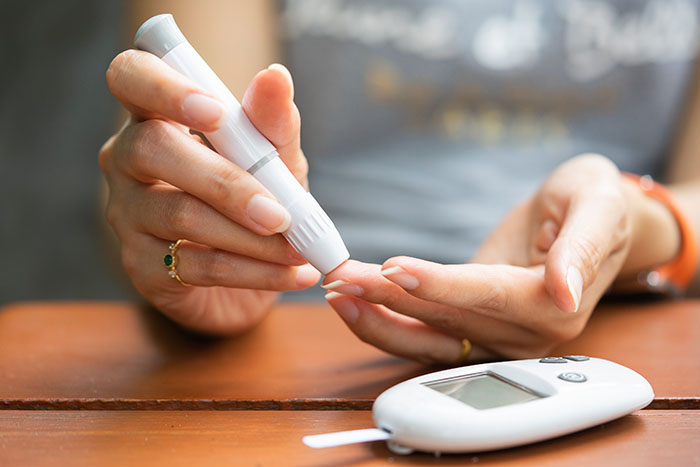Gestational Diabetes Overview
Gestational diabetes is a form of diabetes that develops during pregnancy, affecting the mother and the developing fetus. It is often diagnosed after 28 weeks of gestation and can result from various factors, including advanced maternal age, PCOD, obesity, insulin resistance, and a family history of diabetes.
Importance of Diagnosis and Monitoring
Early detection and monitoring are crucial in managing gestational diabetes effectively. The gold standard test for diagnosis is the oral glucose tolerance test (OGTT), which involves measuring blood sugar levels after fasting and at 1 and 2 hours after consuming 75 grams of glucose.
Complications and Implications
Gestational diabetes can lead to several complications for the growing fetus, such as macrosomia, polyhydramnios, growth impairment, and preterm delivery. Close glucose monitoring, especially until 36 weeks of pregnancy, is vital as the fetus undergoes significant growth during this period.
Treatment and Postpartum Care
For most patients, strict glucose control during pregnancy can be managed through diet and lifestyle changes without requiring insulin or oral hypoglycemic drugs postpartum. However, individuals with gestational diabetes are at higher risk of developing type 2 diabetes later in life.
Preventive Measures and Follow-up
A healthy diet and regular exercise play a pivotal role in preventing the onset of type 2 diabetes for women with a history of gestational diabetes. Regular follow-ups, including sugar level checks through OGTT, starting from 6 weeks post-delivery, help monitor the progression of the disease.











